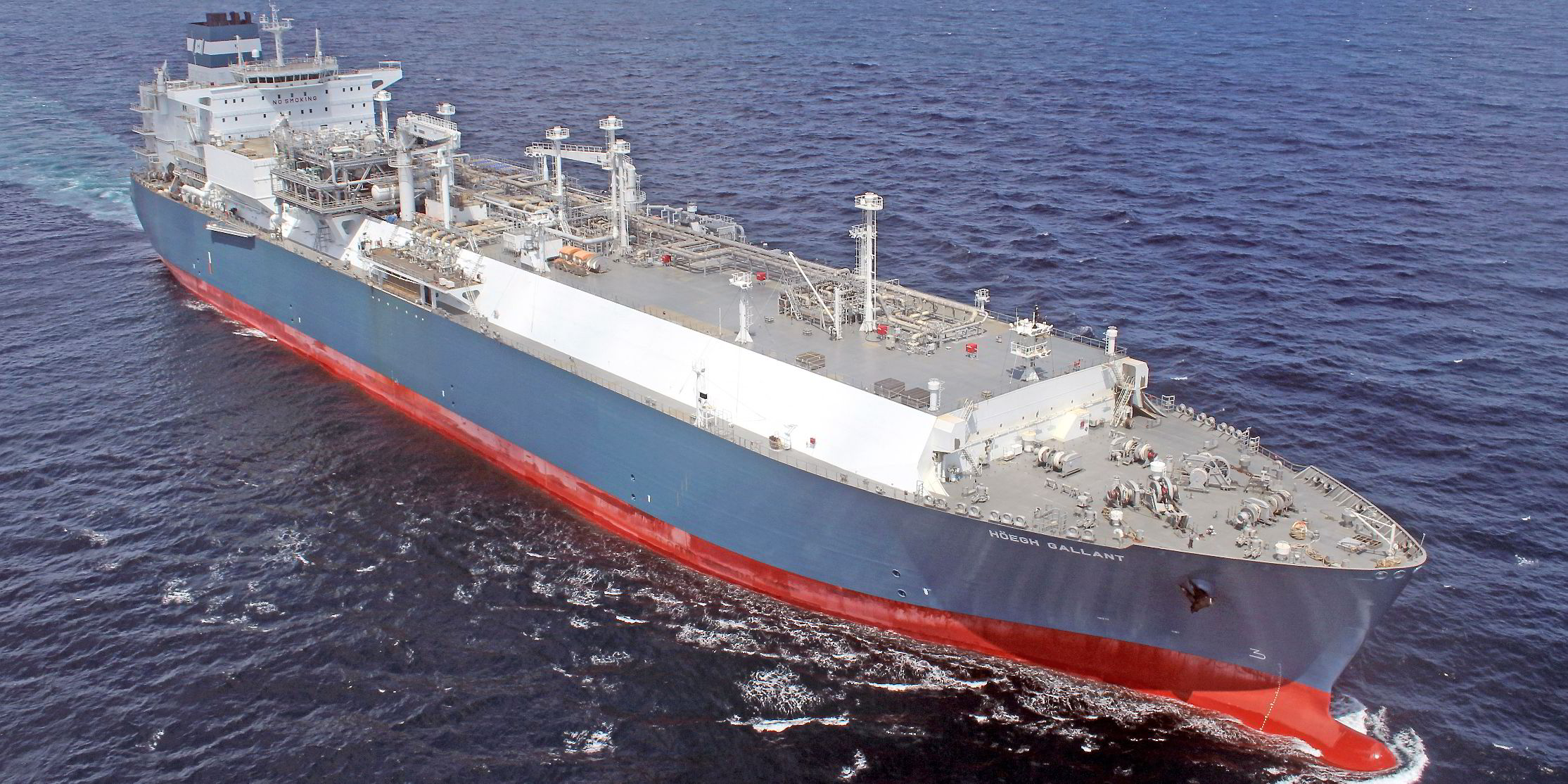Egypt’s gas market is poised to undergo profound changes in the next five years, and these could have an impact on the global LNG market.
The Middle East nation is likely to emerge as a prominent seasonal player, according to the latest research from Wood Mackenzie.
“After five years of falling gas production and switching from a net exporter to a net importer, Egypt’s fortunes look set to change,” says the UK-based consultancy.
“As a number of major offshore gas developments come on stream in the next few years, including BP’s West Nile Delta and Atoll fields and Eni’s massive Zohr find, Egypt will add a cumulative 41bn-cbm a year of gas production by 2022.”
These new volumes will push the country’s gas market back to surplus, according to Wood Mackenzie’s analysis.
However, this surplus will be seasonal. Indeed, better gas availability is expected to boost domestic consumption in the power sector, peaking in the summer months, while utilisation rates at gas-intensive industries will recover.
Overall, this will exacerbate Egypt's domestic gas demand seasonality, says Wood Mackenzie.
“In the medium-term, LNG imports may still be critical to balance the market in the summer, while Egypt could export surplus volumes during the winter, taking advantage of northern hemisphere winter LNG prices,” it contends.
“Additional exploration success would further strengthen Egypt’s ambition to become a regional gas hub, importing and exporting gas and LNG simultaneously.”




